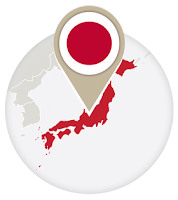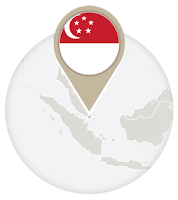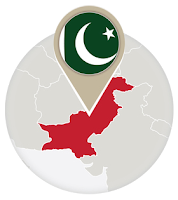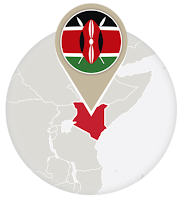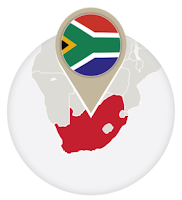Policy
their legislation today could be yours tomorrow

A Russian law asking for encryption keys has been met with varied responses: Private Internet Access opted to leave Russia altogether, NordVPN resolved to strengthen its commitment to privacy and companies such as Google, Facebook and Twitter have simply shown no interest in complying.
Research and Initiatives
making your world a more cybersecure place
74% of Asia-Pacific & Japan organizations are at a significant risk of cyber incidents, reports the 2016 RSA Cybersecurity Poverty Index. “Over the next few years, we are bound to face more vulnerabilities as technology and internet penetration in the region is set to grow in parallel alongside sophisticated cyber threats. Especially so in Southeast Asia, which is now the world’s fastest-growing Internet region globally, where the internet user base is expected to double to 480 million by 2020,” predicted Nigel Ng of RSA.
The 2016 Asia-Pacific and Japan RSA Conference, held July 20-22 in Singapore, included advice from president Amit Yoran: “It’s critical to challenge your perspectives and observe how advanced organizations start looking at the problem in all its accuracy. Stop relying solely on technologies in preventing attacks. It’s time to create a cybersecurity program that links breaches and threats that impact business,” he advised.
A survey by Russia’s Kaspersky Lab of individuals from 23 countries reported that 82% of travelers connect their phones to insecure public Wi-Fi when abroad. Furthermore, only 33% of those surveyed use secure public Wi-Fi connections and 18% do not protect their connections at all. “It’s not surprising that travellers are becoming victims of cyber crime,” said Kaspersky’s Altaf Halde.
Singapore’s Home Affairs Minister and Law Minister K Shanmugam recently announced a National Cybercrime Action Plan, which includes 4 key principles: cybercrime prevention, response to incidents, effective laws and close partnerships. Shanmugam acknowledged the growing threat of cybercrime to Singapore and highlighted that the number of cases under the Computer Misuse and Cybersecurity Act increased 40% from 2014 to 2015.
Cyberattacks
the threats we all face
Hacktivist group Anonymous used a distributed denial of service (DDoS) attack to shut down the website of the Court of Rio de Janeiro following its decision to block WhatsApp in Brazil. The court had asked WhatsApp to provide information the messaging app insists it does not store.
A Wikileaks announcement that the whistleblowing site would release documents in response to an attempted overthrow of Turkey's president Recep Tayyip Erdogan was met shortly thereafter with a crippling attack from hackers. Prior to the attack, Wikileaks predicted, “Turks will likely be censored to prevent them reading our pending release of 100k+ docs on politics leading up to the coup.” Although the source of the attack remains unknown, the Turkish government is suspected.
Nigeria loses N127 billion to cybercrime each year, reported ComTech Minister Barr Adebayo Shittu. “National safety and security further encompasses securing the nation’s cyber space; our growing dependence on digital infrastructure introduces and poses grave threats to national security,” he said.
An offshore account of the Union Bank of India Ltd experienced a cyberattack recently. The money has since been traced, blocked from being moved and is in the process of being returned to the Union Bank, which has also initiated a cybersecurity forensic audit in order to strengthen overall security.
All images credit of BOLDG/Shutterstock.com.
Want more emerging economy cyber alerts? Read on!
- Digital Divide: Emerging Economy Cyber Alerts - July 21, 2016
- Digital Divide: Emerging Economy Cyber Alerts - July 14, 2016
- Digital Divide: Emerging Economy Cyber Alerts - July 7, 2016
Want emerging economy cyber alerts sent to your inbox? Sign up for our weekly newsletter ("Security Tips and News" at bottom of page).
Have valuable insight to share from your part of the world? Write for us!
SumRando Cybersecurity is a Mauritius-based VPN, Web Proxy and Secure Messenger provider. Surf secure and stay Rando!
SumRando Cybersecurity is a Mauritius-based VPN, Web Proxy and Secure Messenger provider. Surf secure and stay Rando!

